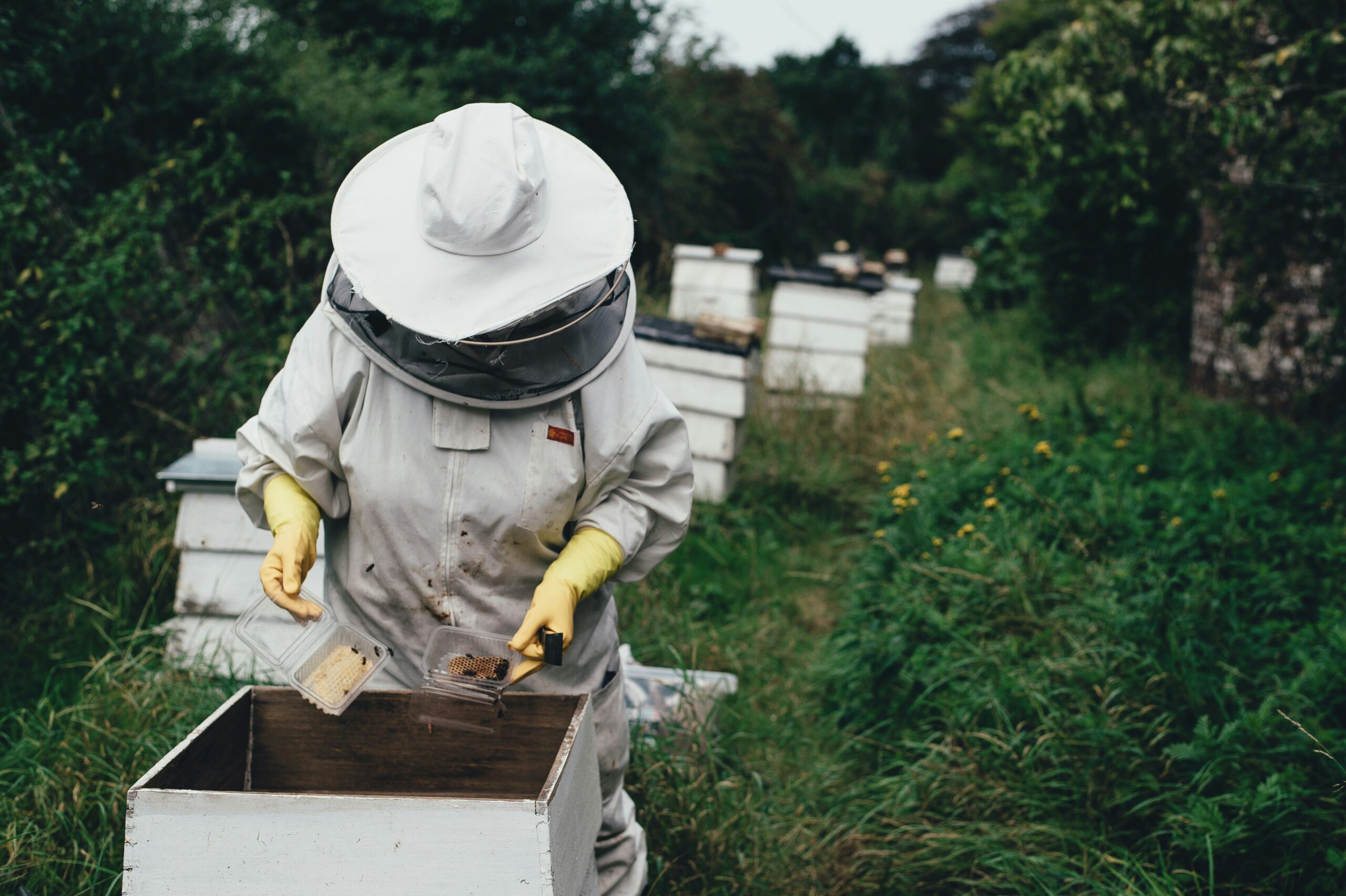
Beekeeping is more than a weekend hobby for Principal David Morales—it’s a personal mission rooted in environmental stewardship and a desire to educate future generations. His journey into sustainable beekeeping began as a quiet passion but gradually transformed into a dynamic extension of his role as an educator. By merging his love for bees with his leadership at Brookfield Middle School, Morales has cultivated both honey and awareness, creating a rich ecosystem of learning inside and outside the classroom.
Initially, Morales was drawn to beekeeping as a way to relax and reconnect with nature. However, as he learned more about the threats facing global bee populations—ranging from habitat loss to pesticide exposure—his interest deepened into advocacy. What started with a single hive in his backyard has now expanded into a full-fledged initiative that includes community outreach, student projects, and even an on-campus apiary. Through this dual role as principal and beekeeper, Morales nurtures not just bees, but also a generation of environmentally conscious students.
From Hive to Classroom: Making Lessons Come Alive
Inside the classroom, Morales integrates his beekeeping experiences into a wide variety of subjects, turning abstract concepts into tangible, hands-on learning opportunities. In science classes, for instance, students study pollination, ecosystems, and the critical role bees play in biodiversity. They’re not simply reading about it in textbooks—they’re observing it firsthand through live hive inspections, honey extraction demonstrations, and pollinator garden projects.
Moreover, this interdisciplinary approach extends beyond science. In language arts, students write persuasive essays on the importance of pollinator protection. In art, they sketch bees and their habitats, while in math, they calculate honey yields or model hive population growth. These activities foster not just academic engagement, but also a sense of purpose, as students realize that their learning can have a direct impact on the environment.
Cultivating Environmental Awareness and Responsibility
Morales’s efforts underscore the importance of environmental education at a time when ecological literacy is more critical than ever. His apiary initiative serves as a living classroom, where students learn how small actions—such as planting native flowers or avoiding harmful pesticides—can contribute to larger environmental outcomes. Through these real-life lessons, young minds begin to see themselves as agents of change rather than passive observers.
This sense of responsibility grows even deeper when students witness the consequences of inaction. During a recent drought, for example, hive activity noticeably slowed, prompting classroom discussions about climate change and water conservation. These teachable moments reinforce the interconnectivity between human behavior and environmental health, helping students grasp the long-term implications of today’s choices.
A Model for Community Engagement
Beyond school walls, Morales has turned beekeeping into a bridge between the school and the broader community. He regularly invites parents, local officials, and residents to participate in honey harvest festivals, pollinator workshops, and guided hive tours. These events not only raise awareness but also encourage families to adopt sustainable practices at home, creating a ripple effect of ecological consciousness.
Even more impressively, Morales has partnered with local farms and environmental organizations to expand the school’s ecological programming. These collaborations allow students to see how sustainability efforts unfold in the real world, and they open doors to internships, mentorships, and volunteer opportunities. As a result, the school becomes a hub of community involvement, anchored by shared values of stewardship and sustainability.
Challenges of Sustainable Beekeeping in an Educational Setting
While the benefits are numerous, implementing a sustainable beekeeping program in a school setting does come with challenges. Safety concerns are often the first to arise, especially from parents worried about allergic reactions or bee stings. Morales addresses these issues through transparent communication, well-marked safety zones, and supervised interactions with the hives. Students also receive thorough training on bee behavior and safety protocols, which reduces fear and builds confidence.
Another hurdle is the ongoing cost and maintenance of the hives. Beekeeping requires regular monitoring, equipment upkeep, and occasional veterinary care for the colonies. Morales has tackled this issue by applying for environmental education grants and organizing fundraising events. With careful planning and community support, the program remains financially sustainable and continues to thrive.
Inspiring Future Stewards of the Environment
Perhaps the most profound impact of Morales’s beekeeping initiative lies in its ability to inspire. Students who once saw bees as nuisances now talk passionately about their role in food security and biodiversity. Some have even started their hives at home or pursued environmental science in college. This shift in perception and ambition speaks volumes about the power of immersive, values-driven education.
The inspiration also extends to Morales’s fellow educators. Several teachers have incorporated environmental themes into their curricula, and nearby schools have reached out for guidance on launching similar programs. What began as a solitary hobby has blossomed into a movement, with Morales as its enthusiastic and knowledgeable guide.
Looking Ahead: Building a Lasting Legacy
As the beekeeping program continues to flourish, Morales is focused on ensuring its longevity. He’s training a group of student “Hive Ambassadors” who will help care for the bees and lead educational sessions for younger classes. This peer-to-peer model not only reinforces knowledge but also empowers students to become leaders in their own right.
Looking forward, Morales envisions a future where every school incorporates environmental learning through hands-on initiatives like beekeeping. While not every campus can support an apiary, the principles behind the project—stewardship, curiosity, and civic engagement—are universally applicable. With dedication and creativity, any educator can turn a personal passion into a powerful educational tool.
Morales’s journey reminds us that sustainability starts at home—or in his case, in a hive. By bringing bees into the heart of his educational philosophy, he’s showing students that learning can be as sweet and meaningful as a spoonful of honey.